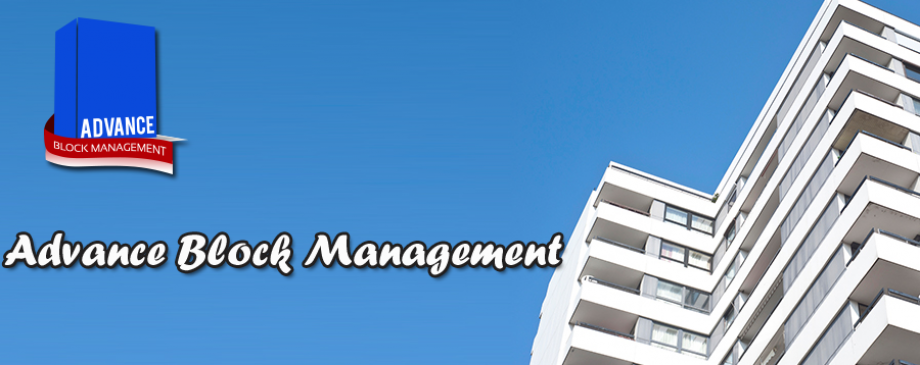In accordance with UK property law, most flats are
leasehold, a few are freehold, and only rarely (since 2004) are they
commonhold. You can find leasehold flats in purpose-built blocks, converted
houses, hotels and other commercial properties.
Owning a leasehold flat means that you buy the right
to live there, usually for 99 or 125 years (this is called the term of the
lease). Tenancy should be fine, as long as the property is managed and
maintained properly, you hold up to your obligations and rights, and buy a good
lease. During this time, you can buy and sell the flat. While you can buy
everything inside the flat, such as internal walls and floorboards, the
freeholder, also the landlord, owns the land and the structure of the building,
and is in charge of maintaining and insuring the building.
However, residents can choose to purchase the
freehold and form their own Right to Manage Company so that the responsibility
of these duties falls under their care rather than the former freeholder’s.
Hiring a company that provides property
management in Birmingham can help you gain more control on the
management of your block.
Lease
extension
You may choose to extend your lease in order to
increase your existing term along with the resale value of your flat; thus, you
can add an extra 90 years, or you can increase the term to 999 years. You have
more chances of extending your lease if it has more than 70 years left.
Otherwise, lease extension gets more expensive while the value of the property
may decrease.
